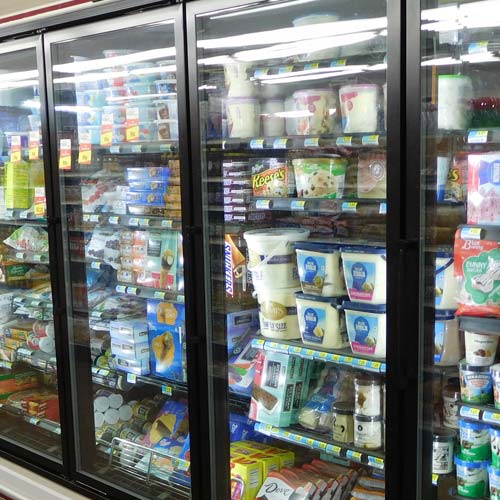September 16, 2021
Engineering Extension surpasses $1M in grant assistance to Kansas ag producers, rural small businesses

K-State Engineering Extension's Kansas Energy Program, in partnership with the Kansas State Energy Office, has helped Kansas agricultural producers or rural small businesses complete 58 grant applications, resulting in more than $1 million in federal grant funding to implement energy efficiency or renewable energy projects.
The U.S. Department of Agriculture's Rural Energy for America Program, or REAP, provides grants of up to 25% of eligible project costs for agricultural producers or rural small businesses that implement energy efficiency or renewable energy projects. The grant application process requires an energy assessment of the proposed project, usually conducted for a fee by a third party. The fee is not a cost eligible for reimbursement by the grant, so business owners can be reluctant to begin the process to improve their facilities.
The Kansas State Energy Office had a unique solution to this problem: It established a partnership with Kansas State University Engineering Extension, which performs the energy audits and helps identify potential energy efficiency measures at no cost to the business. Engineering Extension also prepares a technical report and assists the owner with completing the forms required for the REAP grant application.
Since 2016, this successful partnership has resulted in 127 energy assessments and 63 USDA REAP grant applications spread across 56 of the 105 counties in Kansas, 21 of the 40 Kansas Senate districts and 42 of the 125 Kansas House districts. Of the 62 grant applications reviewed by USDA — one is still pending, 58 were approved, or 93.5%, providing $1,044,941 in federal funds for implementation of the energy efficiency or renewable energy projects. Thirty, or 53%, of the grant recipients were rural grocery stores, bringing in $550,000 in federal funds to help these critical small-town businesses operate more efficiently. Additionally, 21 of the completed assessments were located in 13 of the 25 Kansas cities designated as Main Street communities by the Kansas Department of Commerce.
In addition to the REAP grant funding, these businesses are also estimated to save 4,148,894 kWh and $427,227 annually in energy costs.
Reducing energy costs helps these producers and businesses remain profitable and in business, providing greater economic security to rural communities.
